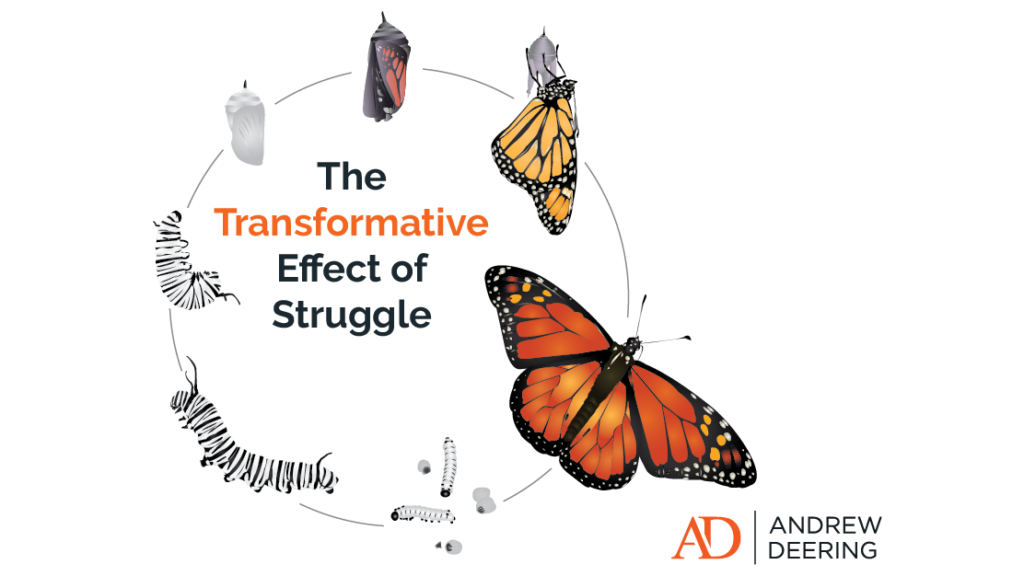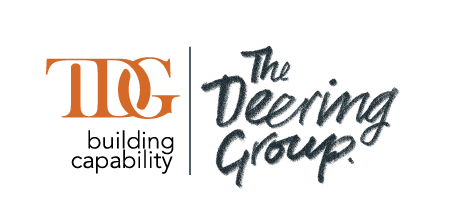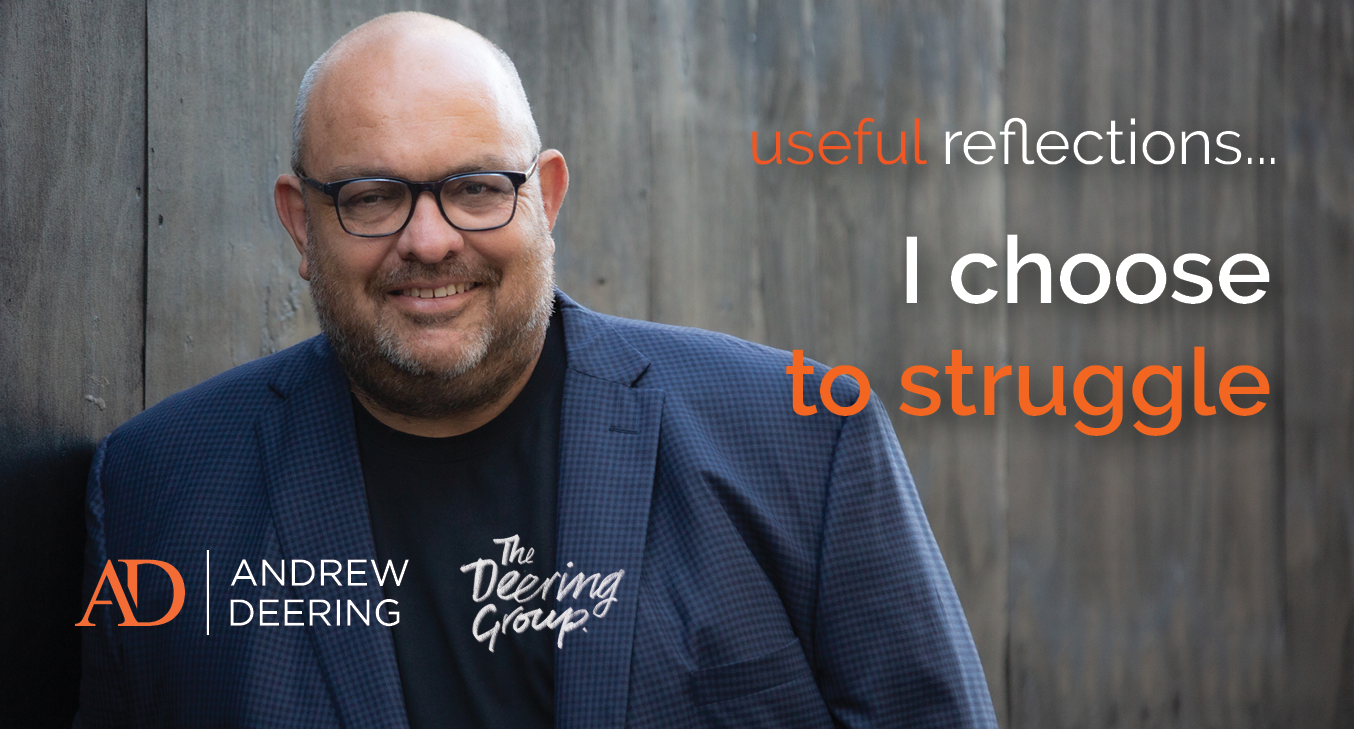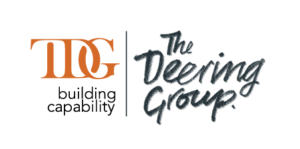Some people, though, are not used to a struggle. They avoid it at all costs.
COVID-19 has been like a kick to the stomach for all of us, especially these people.
The challenges forced on them – social isolation, business shutdowns, working from home, hyper-vigilance – making them feel deeply uncomfortable. They’ve had difficulty accepting and dealing with these changes, and have been looking for an exit, a way forward, or backward, just a way.
Many folks have said to me, “I wish I could hit the rewind button and start 2020 again!”
Or, “I wish 2020 was over already.”
There have certainly been times when I’ve felt the same way.
I get it.
To take our conversation somewhere useful.
A question I have asked myself is if this struggle has been useful, has been enabling?
Has it served a purpose, moving us onward? Collectively and individually.
Now, I don’t mean to sound flippant. COVID-19 has deeply affected lives, even proving fatal for some.
But could we view this year as an opportunity to re-evaluate, grow, transform, and understand, once again, what it means to struggle?
To look for the gift in the struggle?
The purpose of struggle
Merriam Webster defines struggle as “making strenuous or violent efforts in the face of difficulties or opposition struggling with the problem.”
Struggle isn’t pretty. It’s not the kind of work that induces a romantic, golden sheen of sweat.
It’s hard, grubby, difficult.
Struggle is an earthy, painful kind of work – the work most of us want to avoid.
And yet I wonder. As difficult as it is, isn’t struggle the thing that helps us become more than what we were, or are?
Isn’t it our effort to overcome obstacles, break free of what constrains us, and make life simpler that leads to innovation in ourselves, our businesses, our society?
In the absence or avoidance of struggle, how can each of us ever rise to meet our potential and become the fully formed exceptional creation we were meant to be?

Typically, our reaction to struggle is to end it as quickly as possible.
We don’t enjoy struggle, and we feel uncomfortable watching others struggle, too.
This reminds me of the caterpillar’s metamorphosis into a butterfly.
I remember hearing the tale of the person who was able to witness this magical process.
This person happened to be there at just the right time, right when the caterpillar was changing into a butterfly, coming forth from its chrysalis. The still-forming butterfly poked out its head, then tried to drag the rest of its body through. It worked hard to get one portion of its body out but appeared to struggle greatly with the rest. The caterpillar stalled.
Over time, the person watching became highly concerned. So, they grabbed a pair of scissors and cut the chrysalis open. It was done with the best of intentions, hoping to give the butterfly a chance to live. To succeed. But, as we have all experienced, helping isn’t always helpful.
What fell from the chrysalis was not a butterfly. It was a swollen, not fully formed body. Its tiny wings were unable to carry it, making flight impossible. The wings weren’t beautiful, expansive or strong, as butterfly wings are. They were stunted because they hadn’t been given a chance to grow into their potential.
What the person didn’t realise was that the struggle was necessary for the transformation. By not allowing the body to struggle outs of the chrysalis, they had stopped the butterfly’s chance of reaching its potential. It was lumpy, misshapen, and unfortunately, without the struggle, it died.
Do you cut your own chrysalis?
I wonder how often we do ourselves and others a disservice by cutting the chrysalis.
Do we try to “help” ourselves and others by ending the struggle prematurely?
Or do we recognise that the struggle is needed so that we all may become the butterfly, that exceptional human we were meant to be?
I also wonder how often we look to others to cut our chrysalis for us, such that we don’t have to struggle quite as hard. When we do this, we miss out on a valuable opportunity. Each of us carries so much potential inside of us. We each have our own chrysalis. The struggle of getting out allows us to become the most impressive, strong and valuable version of ourselves. And it’s through this version, the exceptional, that we can best serve ourselves and others.
So, next time you find yourself in a state of struggle and wish you weren’t there, consider where that struggle could take you. Could it help you become more fulfilled and able? Might it trigger your own metamorphosis, whereby you become a more amazing individual, better equipped to make a difference to those you lead and serve?
Because the truth is, the struggle never ends.
Once one struggle is over (or cut short), another begins.
It’s how we deal with the struggle and what we learn from it that’s important…..Worth reflecting on that statement.
I can’t promise it will be easy. Struggle isn’t, its not meant to be.
I also can’t promise it will be safe.
But I can assure you that on the other side of struggle is a much richer, wiser and better version of you.
So, what do you choose? Do you choose to avoid challenge, effort and the deep work of transformation? Or do you choose to embrace the struggle, realise your potential, and uncover more opportunities than you ever thought possible?
I’d love to hear your thoughts.


